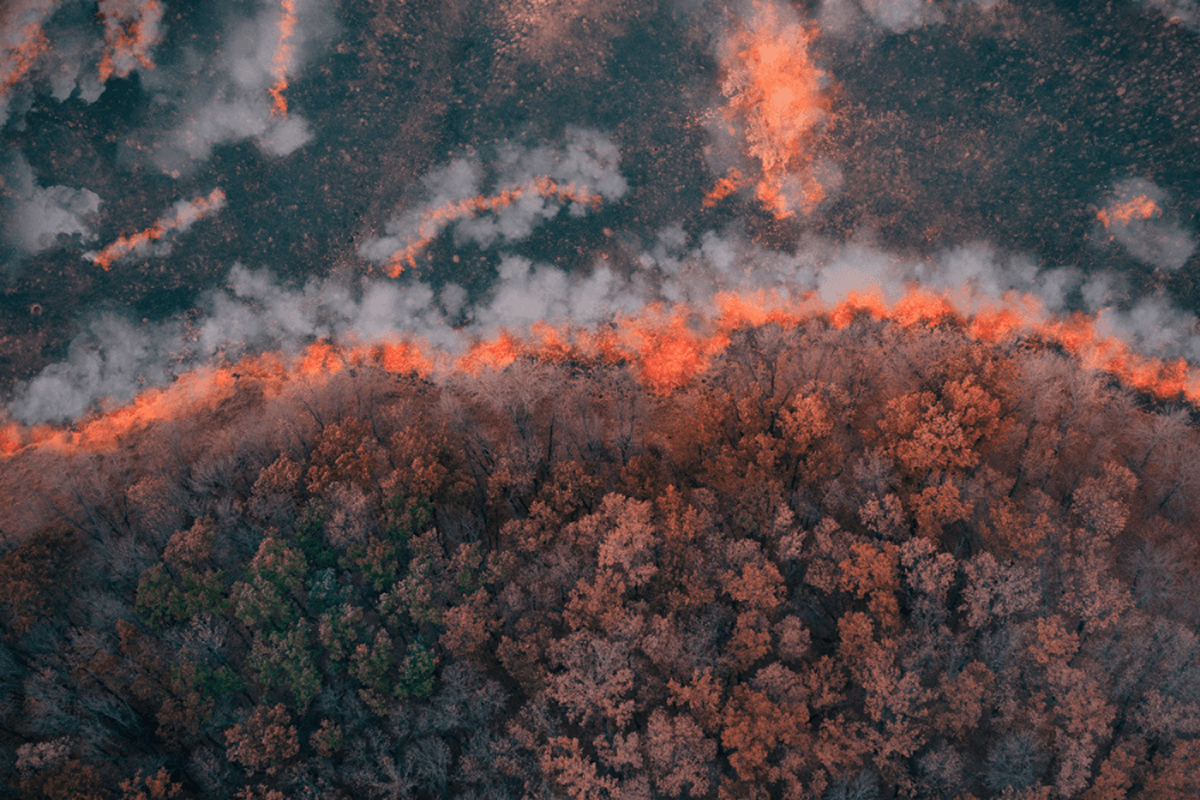USC researchers develop low-cost wildfire detection system to accurately detect wildfires minutes—even seconds—after they ignite.
Category: Highlights
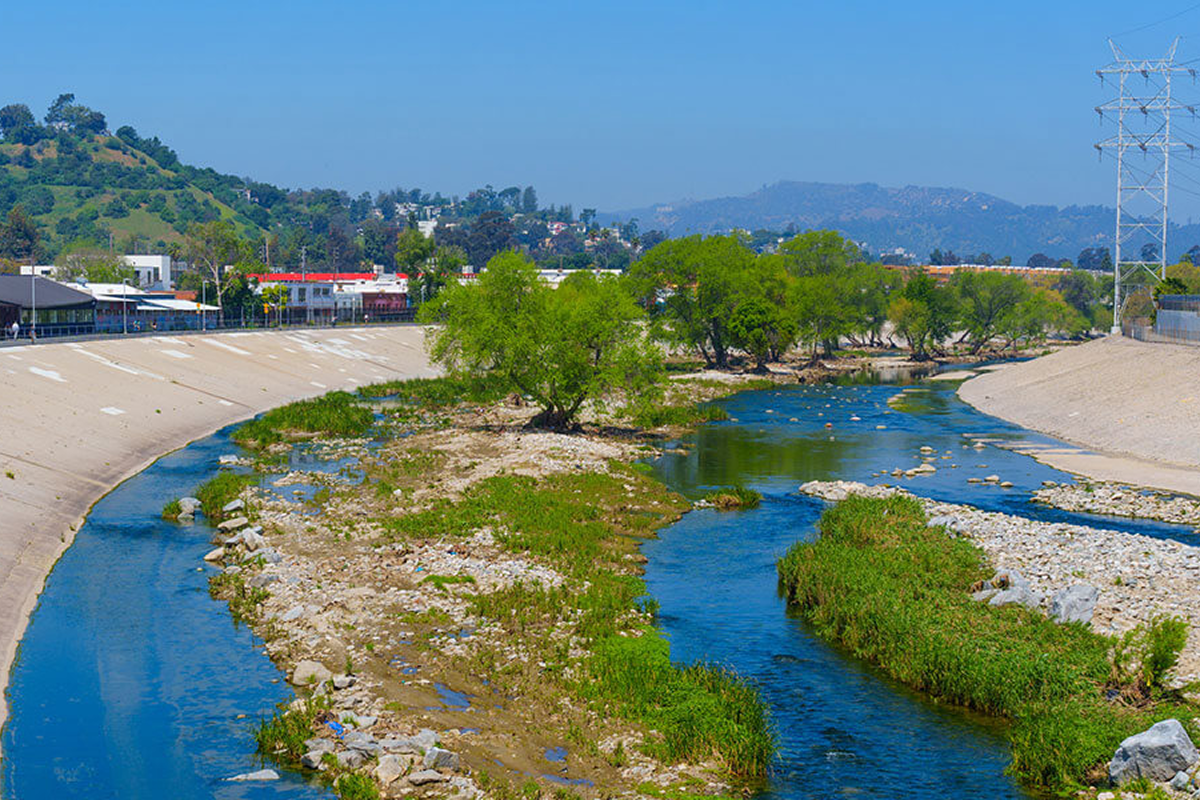
An expert on fluid dynamics shares how engineers can help mitigate flooding after major wildfires.
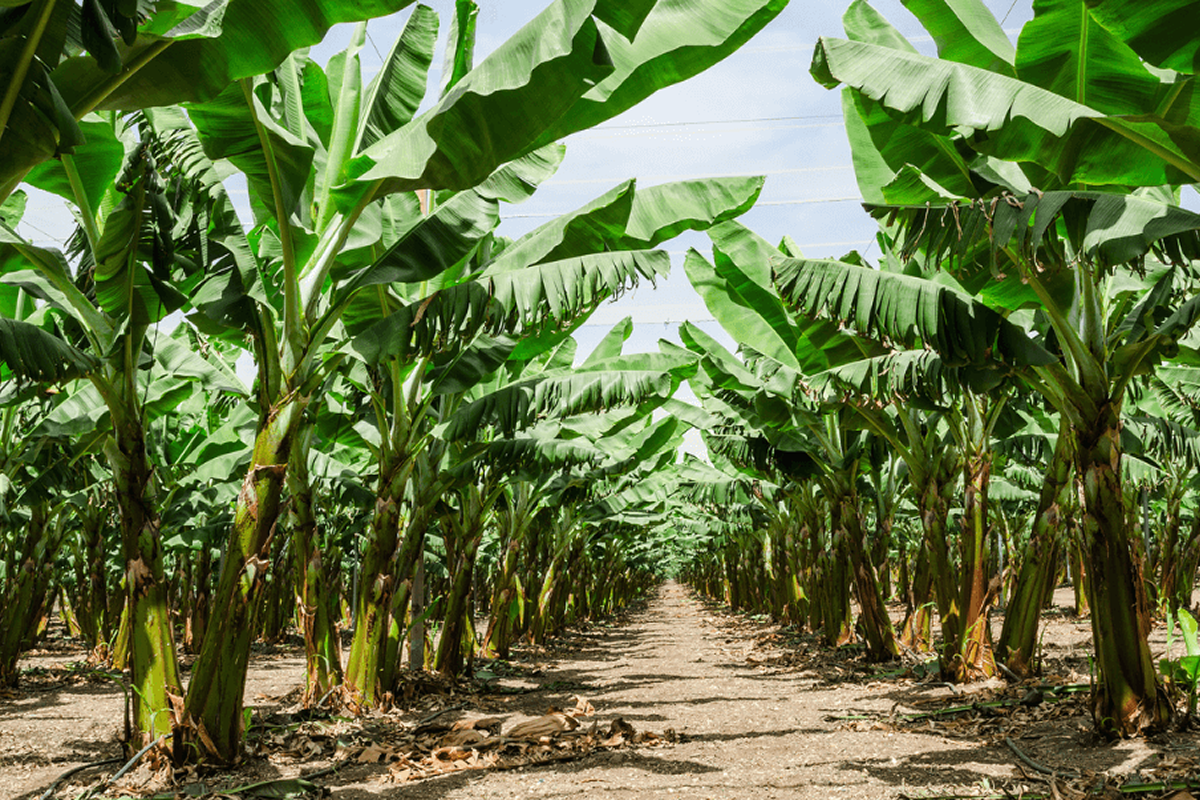
How two innovative approaches – nature-based fire buffers and AI-powered wildfire detection – show promise in tackling the growing wildfire risk.

Naomi Lee, a PhD candidate at the USC Price School of Public Policy, has won the Western Regional Science Association’s (WRSA) Charles M. Tiebout Prize for best student-authored paper.

One week into the new year and Los Angeles was on fire. The Palisades and Eaton wildfires had been raging for a full day when a new one broke out in the Hollywood Hills. From their four-level hillside home beneath the Hollywood sign, Nina and Andreas Grueter could see flames in the distance.
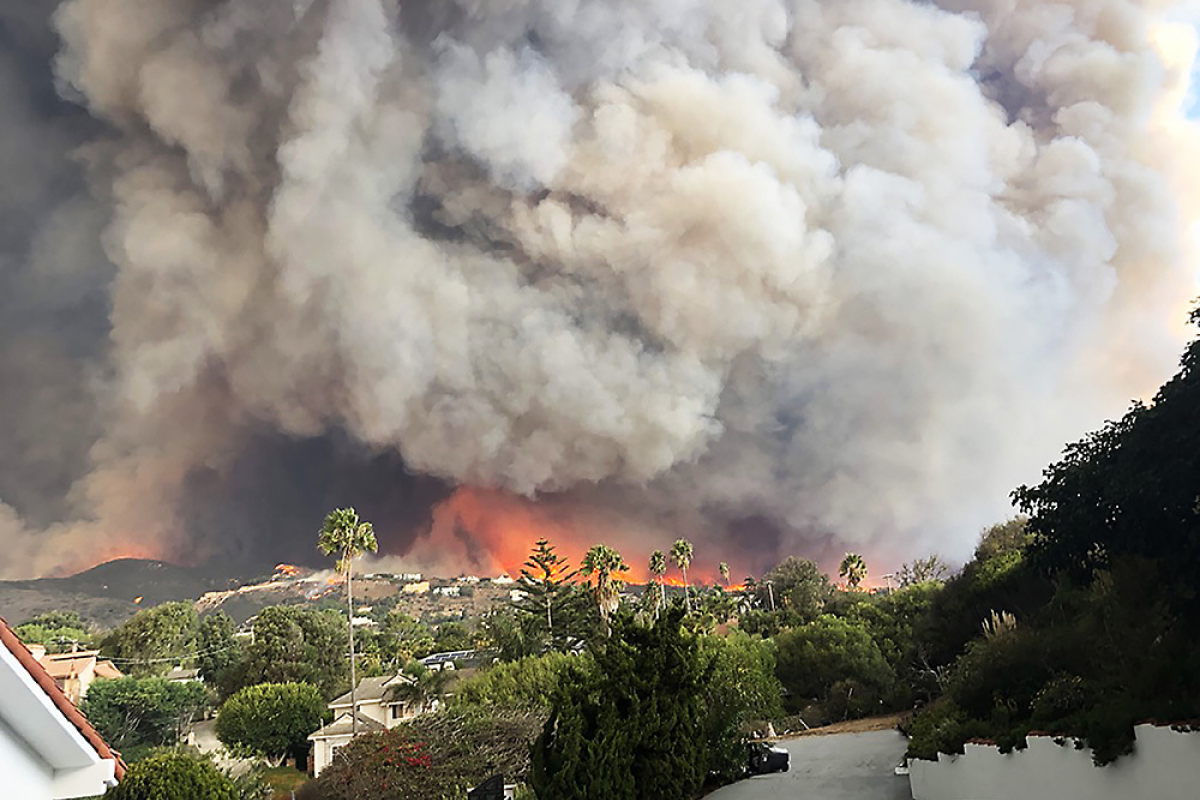
We asked Adam Rose, a Professor (Research) at the USC Price School of Public Policy, about the link between climate change and the fires ravaging Los Angeles County this week.
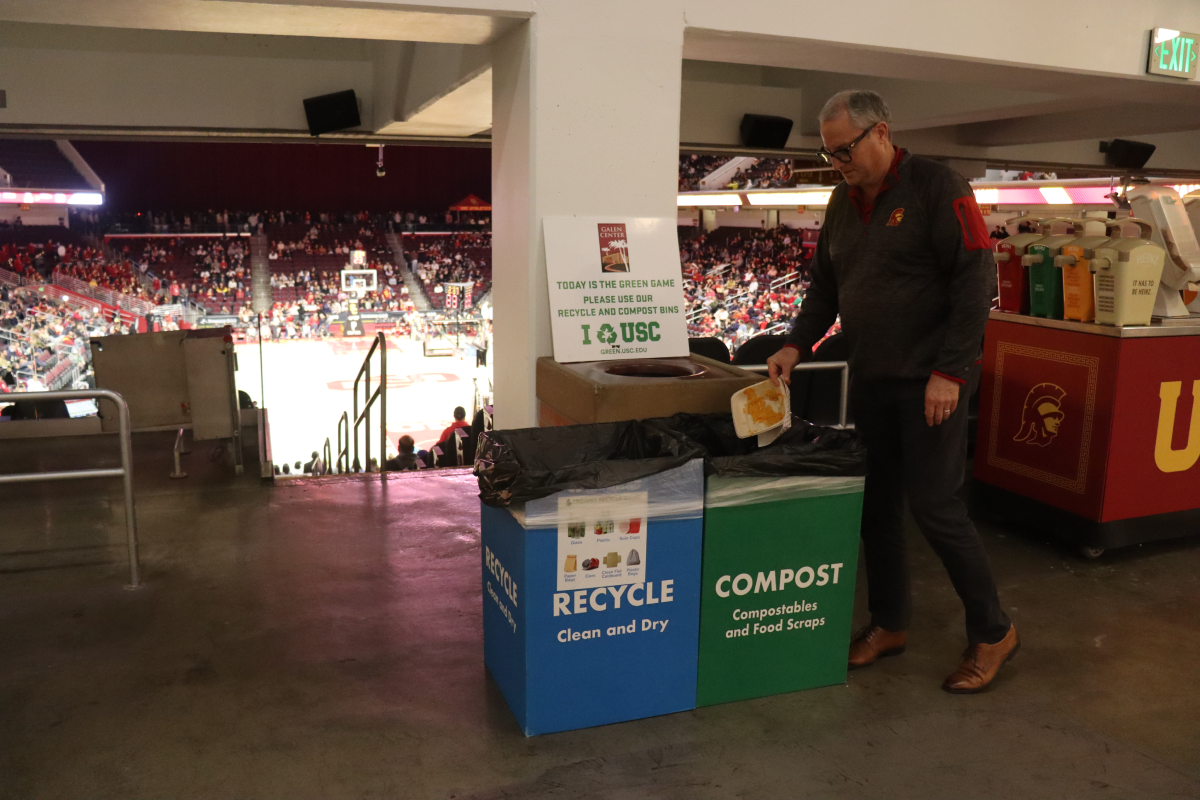
The annual event puts a spotlight on USC’s efforts to reduce waste through reuse, recycling and composting.
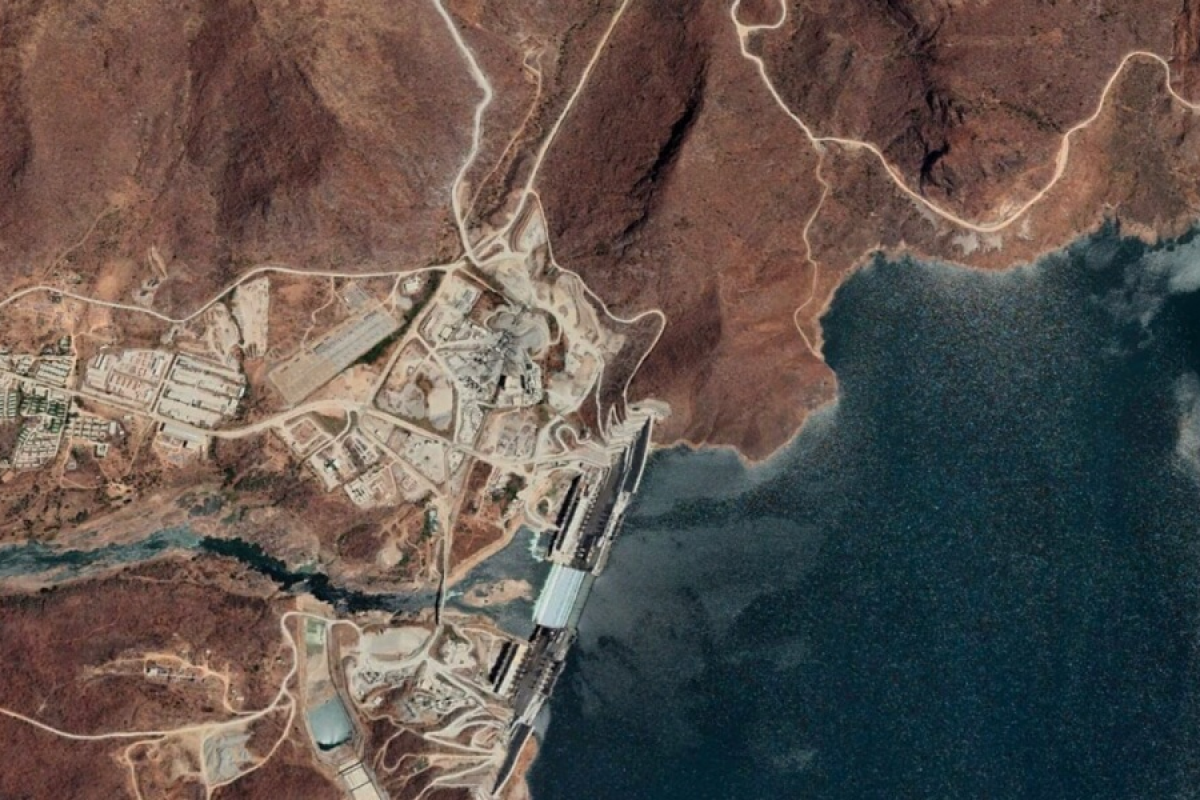
Researchers suggest a framework for sharing the Nile’s water and hydropower resources under prolonged drought.
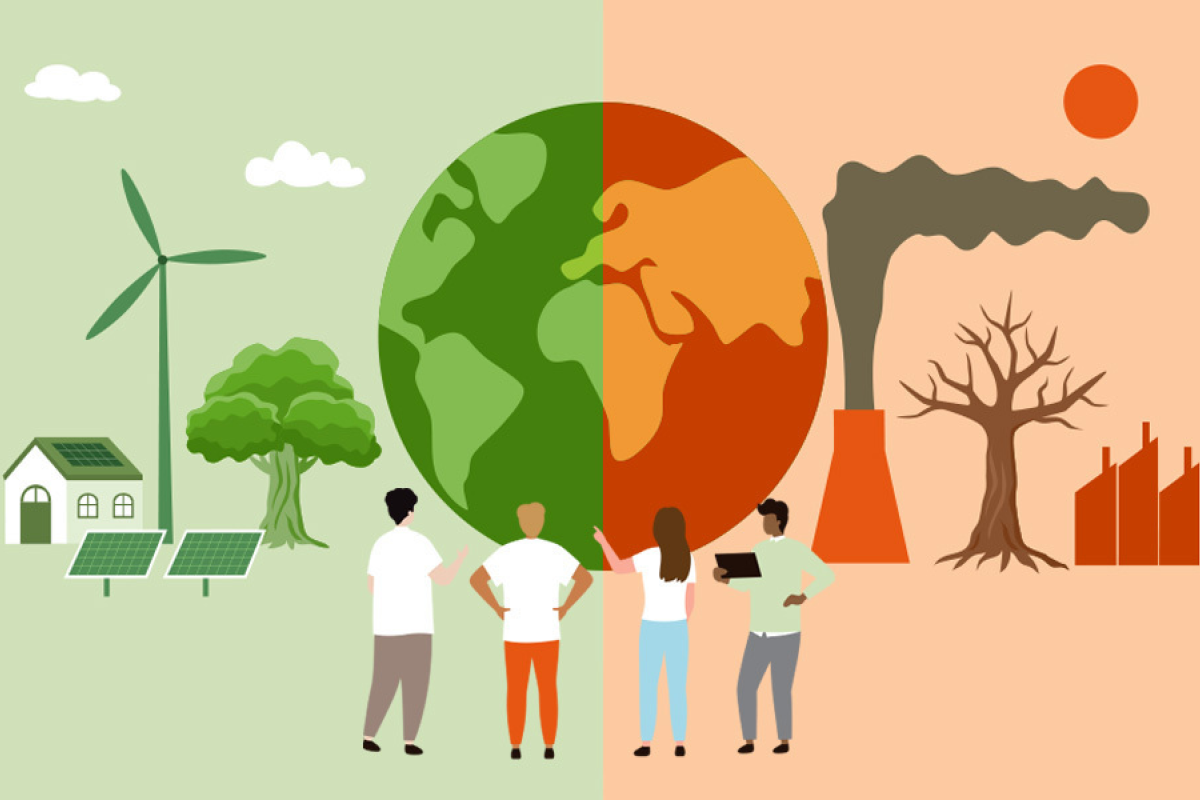
A new study co-written by a USC professor finds that indirect experience with severe weather drives public concern about climate change around the world.
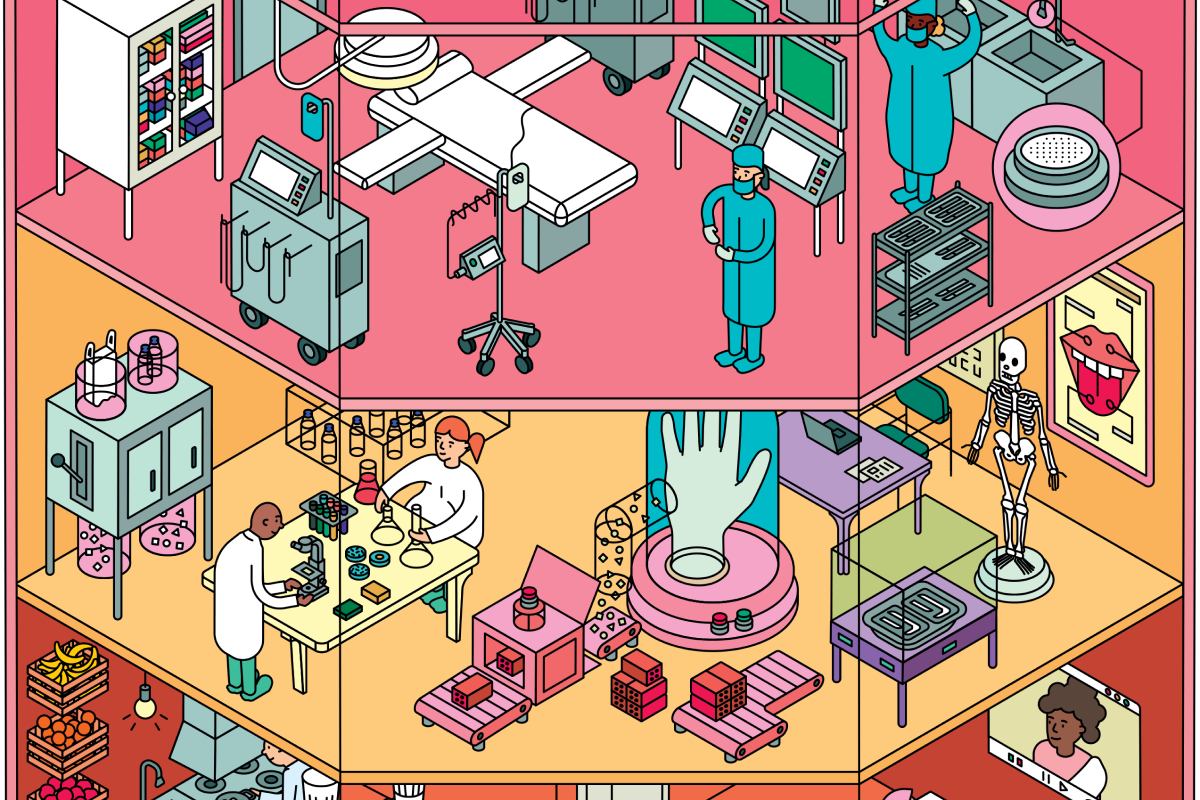
By upcycling plastics, reducing environmentally harmful anesthesia gases and transforming medical supply chains, the USC health system and health sciences schools are working to shrink health care’s carbon footprint.
